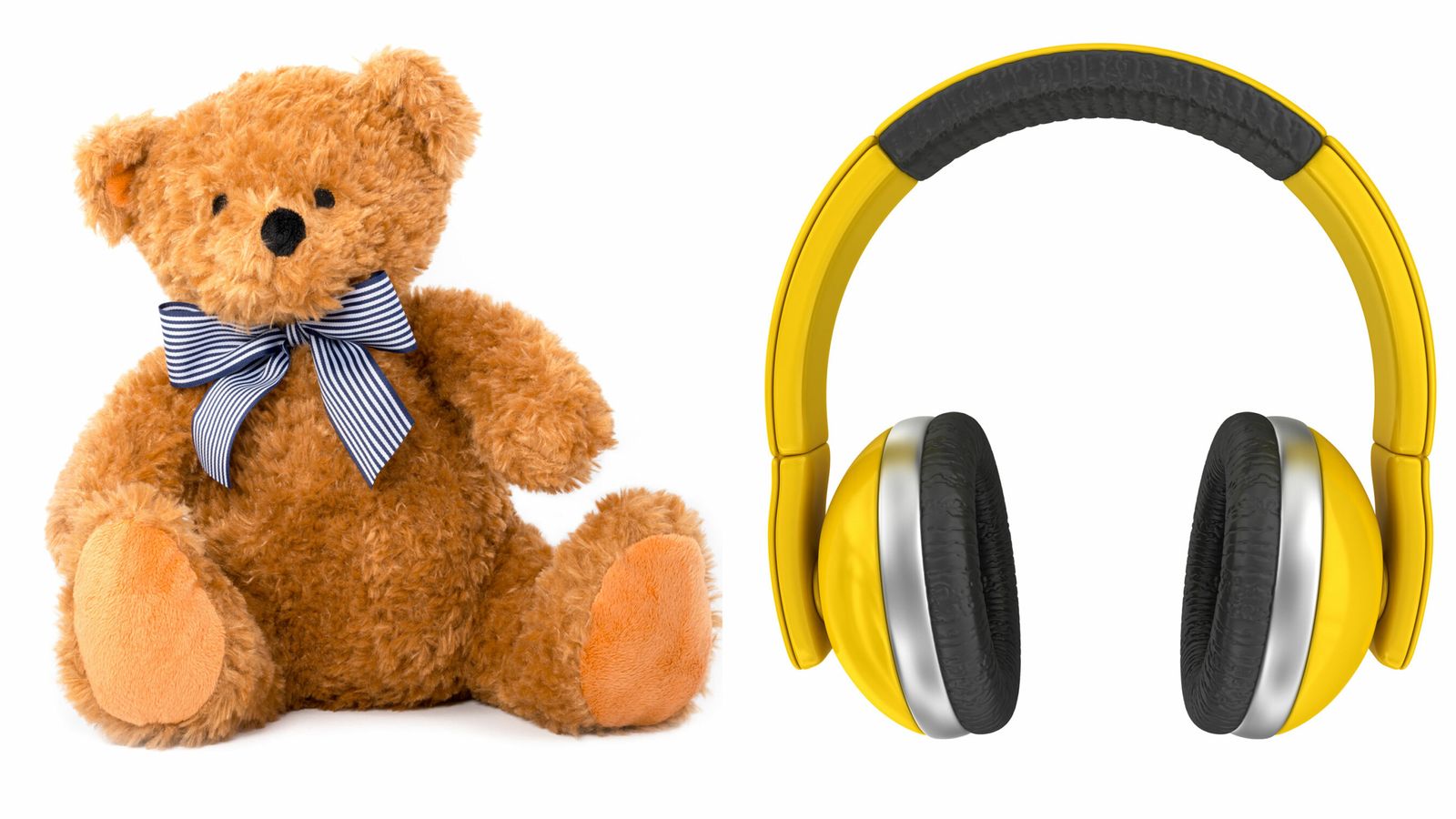Glowing reviews for headphones sold on Amazon by some third-party sellers were for a range of unrelated products including cuddly toys and jigsaws, an investigation by Which? has found.
The consumer watchdog said it searched for Bluetooth-enabled headphones and arranged them by “average customer reviews”. It did so to “mimic how a consumer might shop” if they were looking for the best-rated products.
Nine in 10 of the top-rated headphones were “artificially boosted” with reviews for unrelated items, it found, including umbrellas, bowls, glass jars and extension leads.
In some cases, the listings had no reviews for Bluetooth headphones at all, Which? added.
Bose was the only established brand in the top 10 – in eighth place and with no signs of review abuse.
The other nine were “unknown or little-known brands”, Which? said, adding that Amazon appeared to be the only site they were on.
The most highly rated headphones – with five stars out of five – were “Amazon’s Choice”, but none of the 40 reviews were about headphones.
“Review merging abuse” appears to have been achieved by taking advantage of loopholes, Which? said.
Merging reviews from other people’s listings is known as “hijacking” and sellers have complained of having their reviews “co-opted” and “stolen” by other sellers, Which? pointed out.
Amazon said it had “clear guardrails in place” and had “taken appropriate enforcement action against the product listings and sellers in question”.
An enormous £23bn of consumer spending is influenced by online reviews, according to the Competition & Markets Authority (CMA).
It is not necessarily wrong to merge some reviews. It can be done for the same product in different colours, for example.
But to do so for unrelated products is “against Amazon’s terms and conditions”, Which? said, and a danger to “consumers looking to make a quick purchase”.
Which? said it appeared that Amazon was “struggling to prevent third-party sellers from manipulating its review system to boost their products, which risks undermining shopper trust”.
Its director of policy and advocacy, Rocio Concha, said it “reinforces the importance of the CMA’s ongoing fake reviews investigation getting to the bottom of the issue and ensuring that major shopping sites are protecting people from these unfair practices”.
She added: “The government also announced its intention to tackle fake reviews as part of its consumer and competition reforms and should bring forward new laws, in the upcoming Queen’s Speech, to banish these exploitative practices as soon as possible.”
An Amazon spokesperson said: “Amazon groups customer reviews for product variations like colour and size, and we have clear guardrails in place to prevent products from being incorrectly grouped, either due to human error or abuse.
“Our proactive measures detect and block the vast majority of abuse in our store automatically; however, we are disappointed when bad actors evade our systems, and we will continue to innovate and invest in our tools and processes.
“If we discover detail pages with incorrectly grouped reviews, we use these learnings to improve our prevention mechanisms. We have now taken appropriate enforcement action against the product listings and sellers in question.”






















